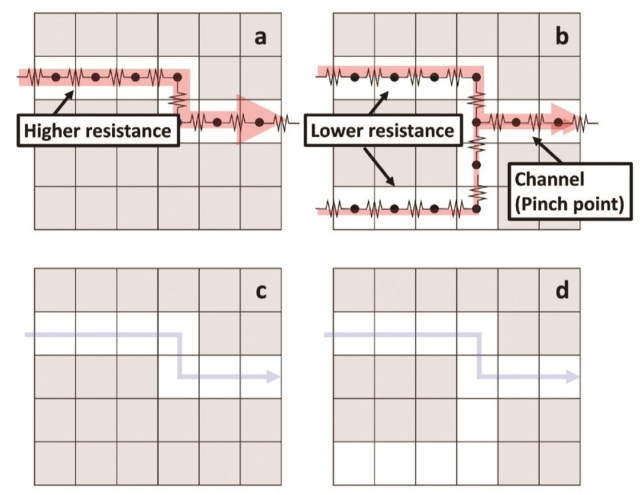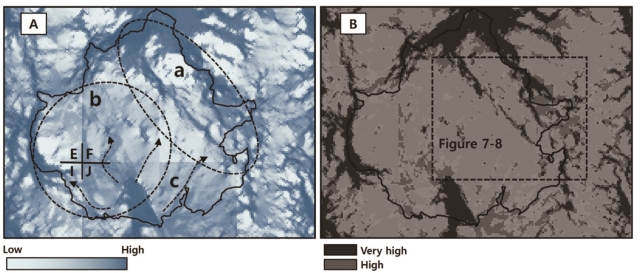論文情報
Author:Yoon E J., Kim E Y., Kim J Y., Lee D K
Year:2019
Journal:J. Environ. Impact Assess. 28(3): 275~286
論文へのリンク(韓国語のみ)
キーワード
Circuitscape, Suwon, functional connectivity, channel
要旨
In order to prevent local extinction of organisms and to preserve biodiversity, it is important to ensure connectivity between habitats. Even if the habitat is exposed to various disturbance factors, it is possible to avoid or respond to disturbances if they are linked to other habitats. Habitat connectivity can be assessed from a variety of perspectives, but the importance of functional connectivity based on species movement has been emphasized in recent years due to the development of computational capabilities and related software. Among them, Circuitscape, which is a connectivity evaluation tool, has an advantage it can provide detailed reference data for the city planning because it maps ecological flows on individual grid based on circuit theory. Therefore, in this study, the functional connectivity of Suwon (South Korea) was evaluated by applying Circuitscape and then, the ecological corridor to be conserved and supplemented was suggested based on it. The results of this study are expected to effectively complement the methodology related ecological corridor/axis, which was previously provided only in the form of a diagram, and to be effective in management of development project and urban planning.






